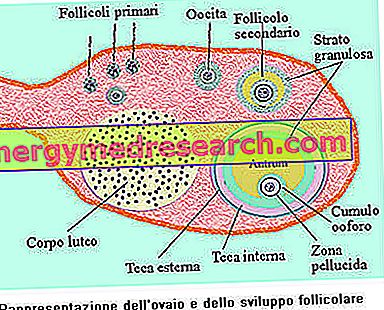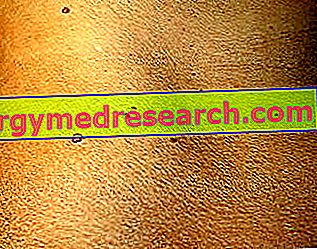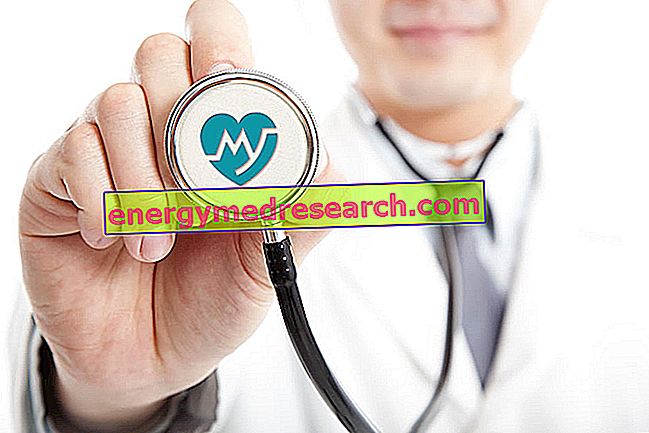Related articles: Stroke
Definition
Stroke occurs when the blood supply to a part of the brain is interrupted or drastically limited due to occlusion, rupture or spasm of a cerebral vessel. The reduction in the flow of oxygen and nutrients to the brain cells leads to death within minutes. For this reason the stroke is a real medical emergency, which must be readily recognized and treated to limit its consequences. Prevention is still the best weapon.The obstacle to the blood flow can derive from the presence of a clot (thrombosis), a blood clot detached from the artery from which it was formed (embolus) or from the rupture of a blood vessel (hemorrhage).
Most common symptoms and signs *
- abulia
- Tinnitus
- Tinnitus
- Aphasia
- Agnosia
- alexithymia
- Altered color vision
- Fleeting love
- anisocoria
- Apathy
- Apraxia
- asphyxiation
- athetosis
- Muscular atrophy
- Increase in the ESR
- Stuttering
- blepharoptosis
- Decline in sexual desire
- dizziness
- Catalepsy
- Catatonia
- Coma
- Conati
- coprolalia
- Korea
- Seizures
- Dementia
- depersonalization
- Language difficulties
- Dysarthria
- dyschezia
- Erectile dysfunction
- Bladder dysfunction
- dysgeusia
- Temporal and spatial disorientation
- Shoulder pain
- ecolalia
- Ectropion
- Brain edema
- hemianopia
- hemiparesis
- Hemiplegia
- Tingling in the right arm
- Tingling in the Left Arm
- Tingling in the right hand
- Tingling in the head
- Tingling in the hands
- Tingling in the legs
- Glycosuria
- Starvation
- Hypercapnia
- Hyperglycemia
- Intracranial hypertension
- Hypertonia
- hypokinesia
- hypomimia
- undernourishment
- Hypoxia
- weakness
- Orthostatic hypotension
- Muscular hypotrophy
- lagophthalmos
- Lethargy
- logorrhea
- Headache
- Mydriasis
- myoclonus
- Miosi
- Cerebral Death
- Knot in the throat
- Misaligned eyes
- Ophthalmoplegia
- Paralysis of the vocal cords
- Paresthesia
- Memory loss
- Loss of coordination of movements
- Loss of balance
- Loss of memories
- Bedsores
- Polyuria
- presyncope
- Narrowing of the visual field
- Reduced vision
- Urinary retention
- Raynaud's syndrome
- Drowsiness
- Vegetative state
- Confusional state
- Night sweats
- Fainting
- Spastic tetraparesis
- Tic
- Tremors
- Dizziness
- Double vision
- He retched
Further indications
Learning to recognize the symptoms of a stroke is essential to intervene early, limiting the consequences, which can vary from a tingling sensation to a limb to total paralysis or even to coma and death. It is therefore important to make the above medical terms more understandable. The typical symptoms of stroke are: sudden onset of vertigo, with loss of balance and coordination of movements; difficulty in expressing oneself with words or understanding what we are told; paralysis or numbness, weakness, tingling or paralysis on one side of the body; vision disorders, blindness of the eye, blurred vision or double vision; violent headache.



